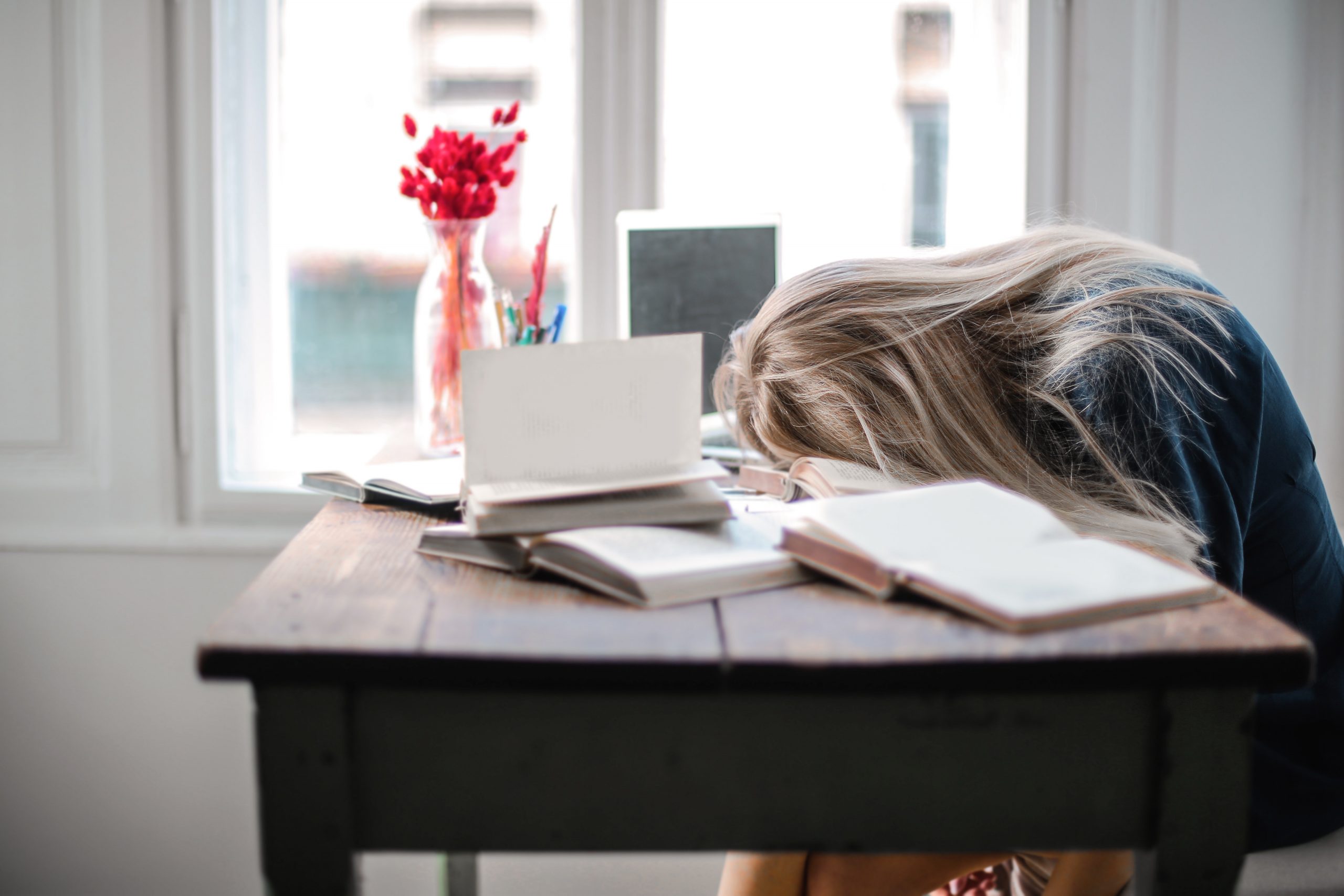Grief has a way of turning everything in life inside-out and upside-down. It is quite unlike any other experience we have in this lifetime, and each episode of grief is unique and inherently its own.
In addition to feeling sad, angry, or confused after experiencing a loss, you may find that your grief feels emotionally or physically exhaustive. Even staying awake and accomplishing your daily tasks can feel like a significant chore.
Reasons Why Grief Can Make You Feel Tired
Grief can certainly aggravate fatigue in people who already have low levels of energy or sleep problems. But grief itself can also cause you to feel tired.
Here are some reasons why it happens:
Grief-Related Sleep Problems
Sleep problems may predate loss. For example, if you have a history of insomnia or nightmares, grief can certainly make these symptoms even worse.
But sadness and anxiety surrounding the grief can also take a physical toll. The physical body stores emotions, and when the body feels tired and overwhelmed, it can react by slowing down, feeling sluggish, and being lethargic.
Depression
Depression closely coincides with exhaustion, and they both play a reciprocal role in maintaining one another. Many people with depression will readily identify the fatigue that comes from feeling hopeless or sad.
Furthermore, if you’re taking depression medication, sleepiness may be a side effect. This, in turn, can affect your sleeping patterns, which may impact your energy levels.
Anxiety and Hypervigilance
Sometimes complicated grief makes people more alert and vigilant to the world around them. You might feel like you’re constantly worrying, and that’s because your nervous system is constantly scanning for danger.
This known as grief-induced anxiety, and all that energy takes quite a toll on the body. The body can only keep up with that intense pace for so long. You may experience a crash-like effect where you feel overcome by sudden and acute physical exhaustion.
Poor Self-Care
The grief process can deplete you of your energy, making it difficult to prioritize taking care of yourself. During this time, people sometimes self-medicate their distressing symptoms with easy solutions, like overeating, substance use, or watching too much TV.
These habits may feel good in the moment, but they do impact your energy levels and sleep cycles. They can also cause other health problems that stunt the grieving process.
How Long Does Grief Fatigue Last?
The grieving process doesn’t follow a linear timeline, and if you’re experiencing complicated grief, you may notice that certain emotional and physical symptoms ebb and flow over time.
To some extent, feeling tired is a normal part of grief. When emotions are heightened, the body often craves a sense of rest (even if you don’t readily give into that desire).
When grief fatigue occurs, people may respond in two extremes. Some people aim to push through their feelings as much as possible. Even if they endured a significant loss, they ignore what their body needs and try to deal with ‘life as usual.’ These individuals might downplay how they feel, take care of others, or even double down on their work.
Others often feel succumbed by their exhaustion. They can’t focus or practice self-care. Preexisting mental health conditions often feel exacerbated, and there’s a sense of hopelessness underlying their grief. They may find themselves sleeping much more than usual, and they are more susceptible to other symptoms of emotional depletion.
Both extremes act as protective measures for coping with grief. There is no right or wrong way to deal with your emotions, but it’s important to be mindful of the ways in which you might try to complicate your own process.
How to Cope With Feeling Exhausted
True grief-related fatigue is complicated. While focusing on building optimal sleep habits helps, you might find that exhaustion isn’t just fixed by a good night of sleep. However, here are some simple ways to manage fatigue.
Limit caffeine: Although it can help you wake up and feel more energized during the day, relying on caffeine can make it difficult to unwind later in the evening.
Practice relaxation strategies: As much as possible, try to engage in stress reduction techniques like deep breathing, positive visualization, and
Aim to get enough sleep: Even if sleep feels challenging, try to fall asleep and wake up around the same time each day.
Stay physically active: Exercise may feel like the last thing you want to do when you feel tired. But movement can help give you energy, and regular exercise is associated with better sleep.
Drink more water: Even mild levels of dehydration can exacerbate fatigue, so make sure that you’re getting enough water throughout the day.
How Grief Therapy Can Help With Your Grief Journey
Intense grief can have a profound impact on your mental health, and it might affect everything from everyday activities to normal sleep patterns.
Feeling some emotional pain during grief is normal, but if you’re experiencing extreme fatigue or feel like you can’t focus whatsoever, you may benefit from support. Regardless of how you’re grieving, I am here to try to help you feel safe.
Contact me today to get started.

